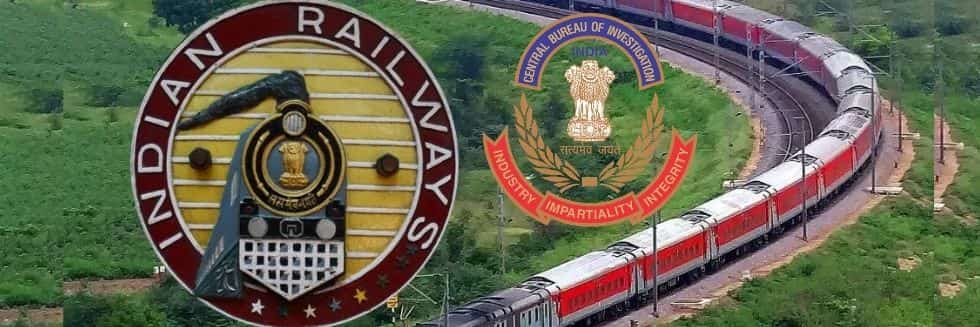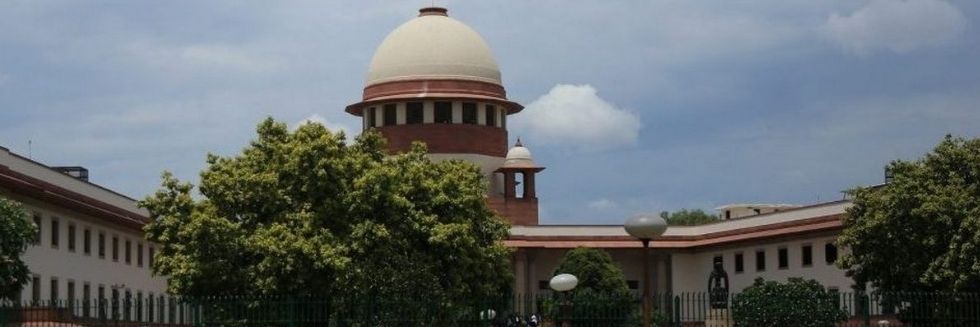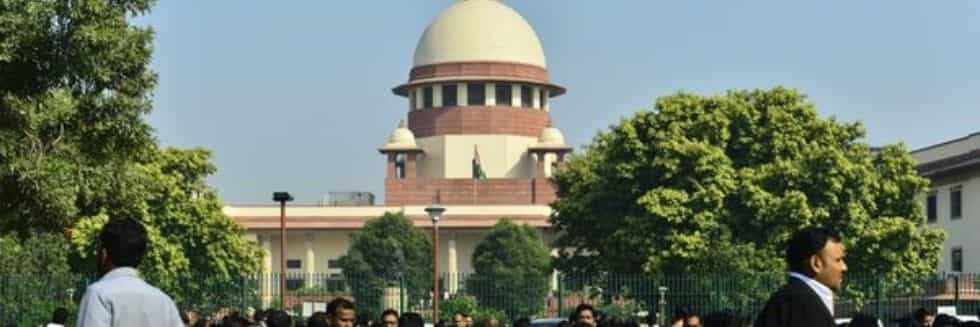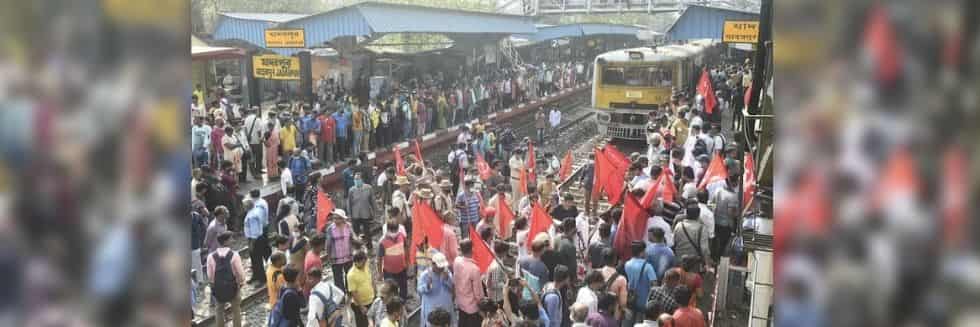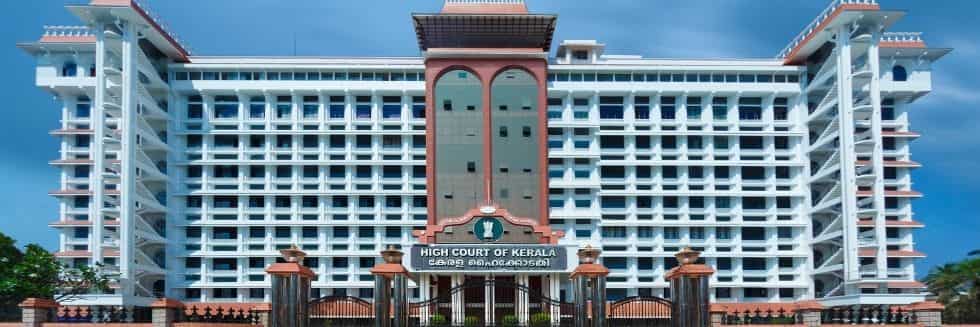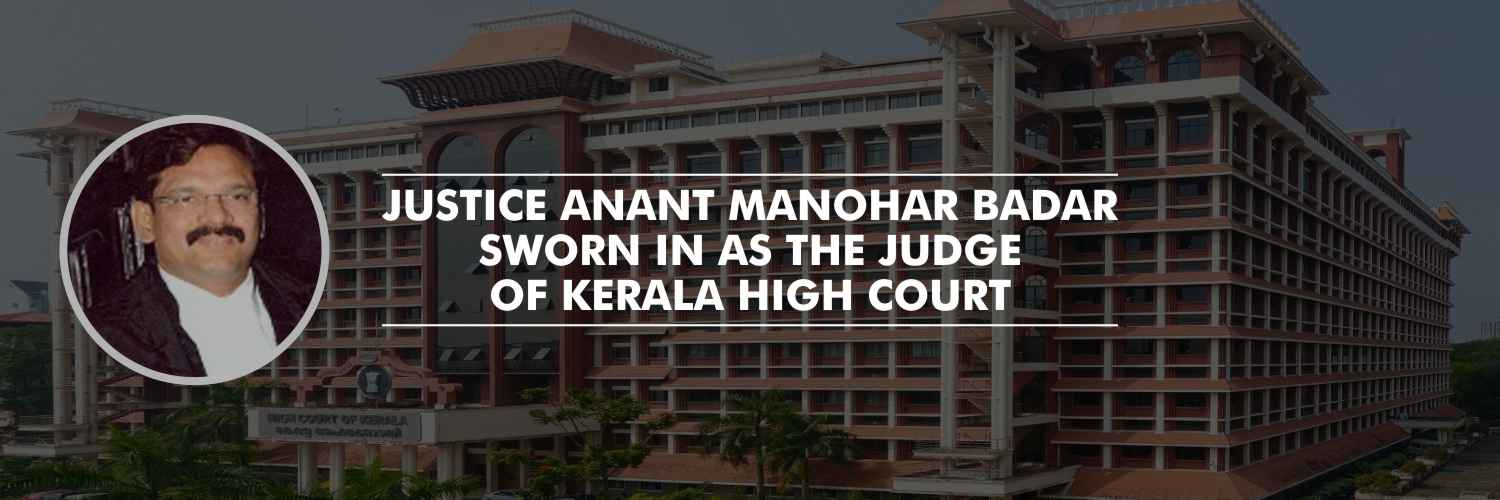The Supreme Court has on Monday agreed to hear a plea to examine if the Central Bureau of Investigation can exercise its jurisdiction over railway areas without the consent of the state government.
The bench comprising of justices DY Chandrachud and M R Shah issued notice to Centre and CBI and sought their response by March 1 on the plea, which claimed that the central probe agency lacked jurisdiction to lodge an FIR in the case, after the withdrawal of general consent by the State government in 2018.
Further, the top court also refused to grant protection to Anup Majee, the director of a company engaged in the purchase and sale of dry fuel, who is accused in a case of alleged illegal coal trading in the Asansol-Raniganj belt of West Bengal.
Earlier on February 12, a division bench of the Calcutta High Court had granted permission to the CBI to investigate the matter within West Bengal and stayed an earlier decision of a single-judge bench of the Calcutta HC itself, which had restricted the powers of the CBI to carry out a probe within “railway areas” situated in West Bengal, as covered by the definition of “railway” in the Railways Act of 1989.
As per reports, Majee had then challenged the Calcutta High Court’s decision in the Supreme Court, contending that the central probe agency lacked jurisdiction to lodge a First Information Report in the case after the withdrawal of general consent by the West Bengal government in 2018.
In his plea before the Supreme Court, Majee raised a three-fold contention as regards the power of CBI.
Firstly, he submitted that the notification of 1982 issued under Section 5 of the DSPE Act does not mention “Railway Areas” and hence CBI cannot exercise powers over “Railway Areas” unless it was specifically mentioned.
Even otherwise, once the State of West Bengal withdrew its general consent for CBI under Section of DSPE Act, the power of CBI to investigate any offense within the State of West Bengal including “Railway Areas” stood abrogated, the plea contended.
Secondly, it was submitted that allegations relate to coal mining in mining areas that do not fall within “Railway Areas” and therefore the investigation by CBI is dehors the law.
Thirdly, it was highlighted that the term “Railway Areas” has not been defined under the DSPE Act and the definition of Railways under the Railways Act should be considered as the reference point to ascertain the areas covered by Railways.
As per the Railways Act, it is the Railway Protection Force that is empowered to investigate offenses within the Railway Areas, the plea stated.
However, the top court noted that both the state of West Bengal and petitioner were aggrieved and notices were needed to be issued to CBI and the concerned parties to hear the matter at length.
Further, the matter has been scheduled for the next hearing on 1 March.
